On May 9, 1961, 21-year-old John Lewis, a young black civil rights activist, was severely beaten by a mob at the Rock Hill, South Carolina, Greyhound bus terminal. A few days earlier, Lewis and twelve Freedom Riders — seven black and six white — had left Washington, D.C., on a Greyhound bus headed to New […]
View MoreCategory: African American History
“An Oasis in Turbulent Times”: Black Towns, Black Futures | Black Perspectives
By Camille Goldmon, Black Perspectives Mound Bayou, Mississippi, founded by Isaiah T. Montgomery—formerly enslaved by Joseph Davis—and his relative Benjamin Green, tells a story of the necessity of Black towns. Black towns, usually all-Black municipalities founded during and immediately preceding Reconstruction, were designed to be almost totally self-sufficient for the purpose of insulating African-American populations from reliance […]
View More“Milele was Black Madison’s Smithsonian Institution:” Madison remembers Milele Chikasa Anana, our village mother | Madison 365
Many people in Madison knew Milele Chikasa Anana, who passed away on Wednesday at age 86, as the longtime publisher and editor of UMOJA magazine, the trailblazing publication that highlighted the incredible people and stories of Madison’s African-American community. A significant part of the community also knows her as mentor, advocate, community leader, trailblazer and […]
View MoreRev. George Lee, Voting Rights Activist, Killed in Mississippi | EJI, A History of Racial Justice
Reverend George Lee, co-founder of the Belzoni, Mississippi NAACP and the first African American to register to vote in Humphreys County since Reconstruction, was shot and killed in Belzoni on May 7, 1955. He is considered one of the early martyrs of the Civil Rights Movement. Rev. Lee first moved to Belzoni to preach, but […]
View MoreNikole Hannah-Jones’ essay from ‘The 1619 Project’ wins commentary Pulitzer | Poynter
Of all the thousands upon thousands of stories and projects produced by American media last year, perhaps the one most-talked about was The New York Times Magazine’s ambitious “The 1619 Project,” which recognized the 400th anniversary of the moment enslaved Africans were first brought to what would become the United States and how it forever changed the […]
View MoreBlack Children Begin Movement Protesting Segregation; Face Police Brutality | EJI, A History of Racial Justice
On May 2, 1963, more than 700 black children protested racial segregation in Birmingham, Alabama, as part of the Children’s Crusade, beginning a movement that sparked widely-publicized police brutality that shocked the nation and spurred major civil rights advances. Dr. Martin Luther King Jr. and the Southern Christian Leadership Conference (SCLC) had launched the Children’s […]
View MoreConfederacy Authorizes Enslavement or Execution of Black Union Troops | EJI, A History of Racial Justice
By EJI Staff, EJI On Christmas Eve 1862, in the midst of the Civil War, Confederate President Jefferson Davis issued orders to the Confederate Army “that all negro slaves captured in arms be at once delivered over to the executive authorities of the respective States to which they belong, to be dealt with according to […]
View MoreThe Forgotten Work of Jessie Redmon Fauset | The New Yorker
By Morgan Jerkins, The New Yorker Among the events that helped to crystallize what would come to be known as the Harlem Renaissance was a dinner, in March, 1924, at the Civic Club, on West 12th Street. The idea for the dinner was initially hatched by Charles Spurgeon Johnson, the editor of Opportunity, a journal published […]
View MoreU.S. Supreme Court Finally Ends Segregated Courtroom Seating | EJI, A History of Racial Injustice
By EJI Staff, EJI On April 29, 1963, the United States Supreme Court struck down segregated courtroom seating and overturned the contempt conviction of a black man who refused to sit in a Virginia courtroom’s “Negro” section. A year earlier, in April 1962, Ford T. Johnson, Jr. appeared in a Richmond, Virginia, city traffic court. […]
View MoreLint Shaw Lynched in Georgia Eight Hours Before Trial | EJI, A History of Racial Injustice
By EJI Staff, EJI On April 28, 1936, a 45-year-old black farmer named Lint Shaw was shot to death by a mob of forty white men in Colbert, Georgia – just eight hours before he was scheduled to go on trial on allegations of attempting to assault two white women. During the era of racial […]
View More
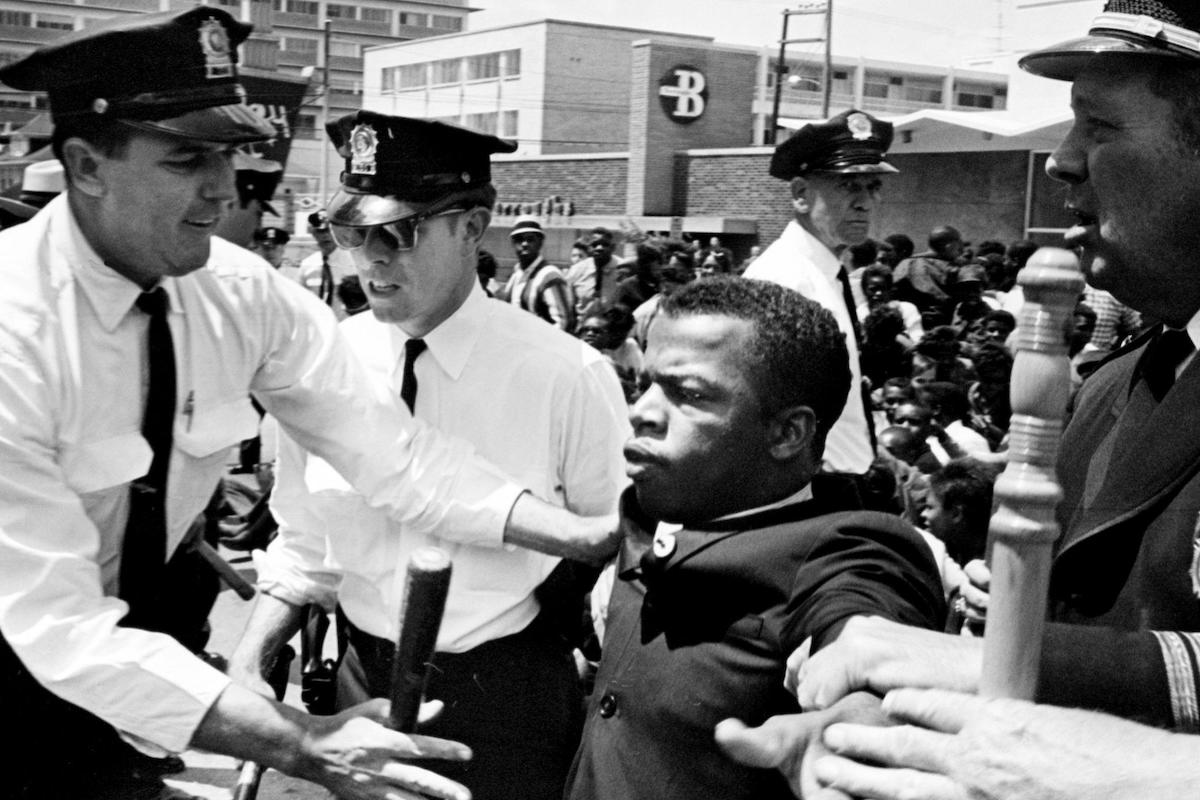
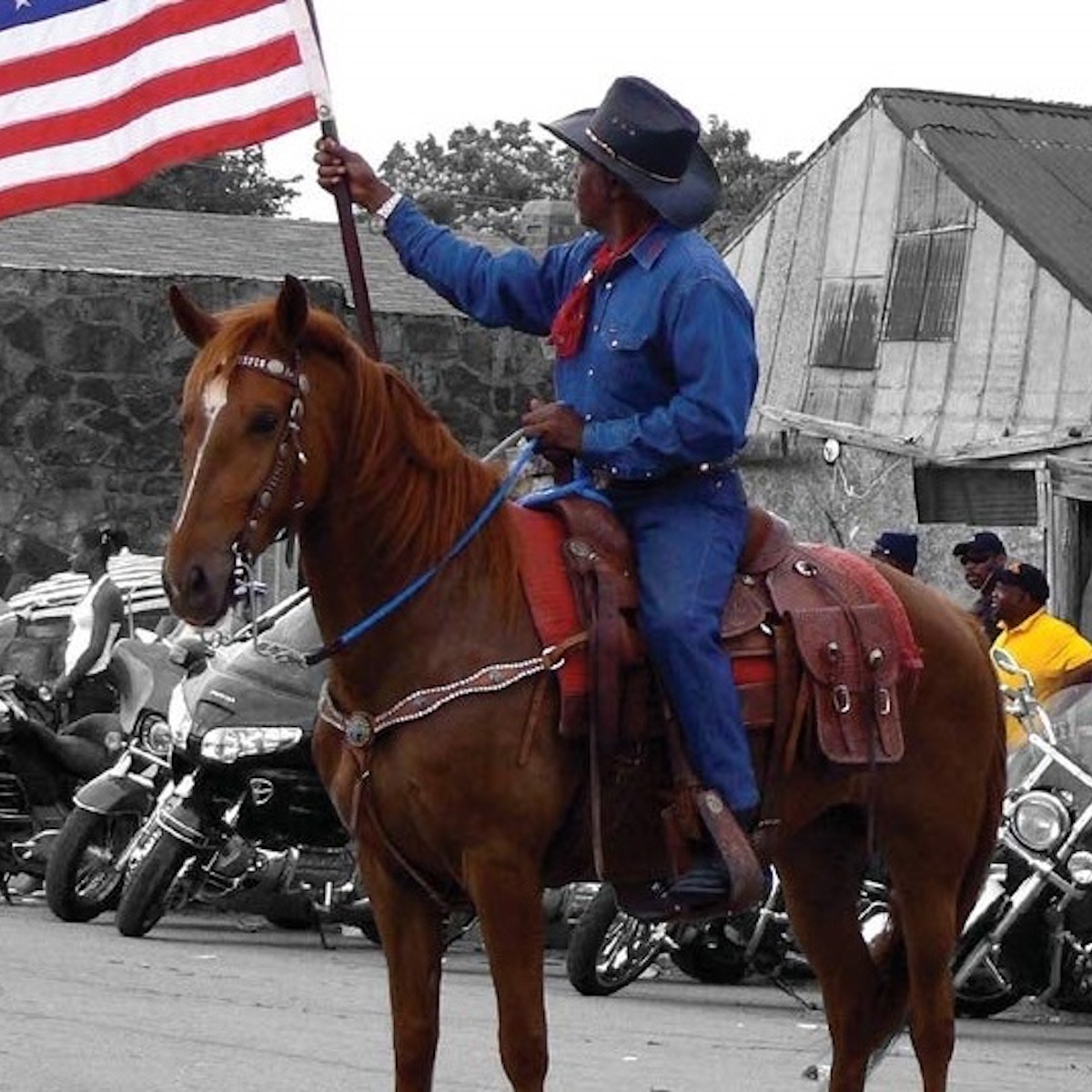

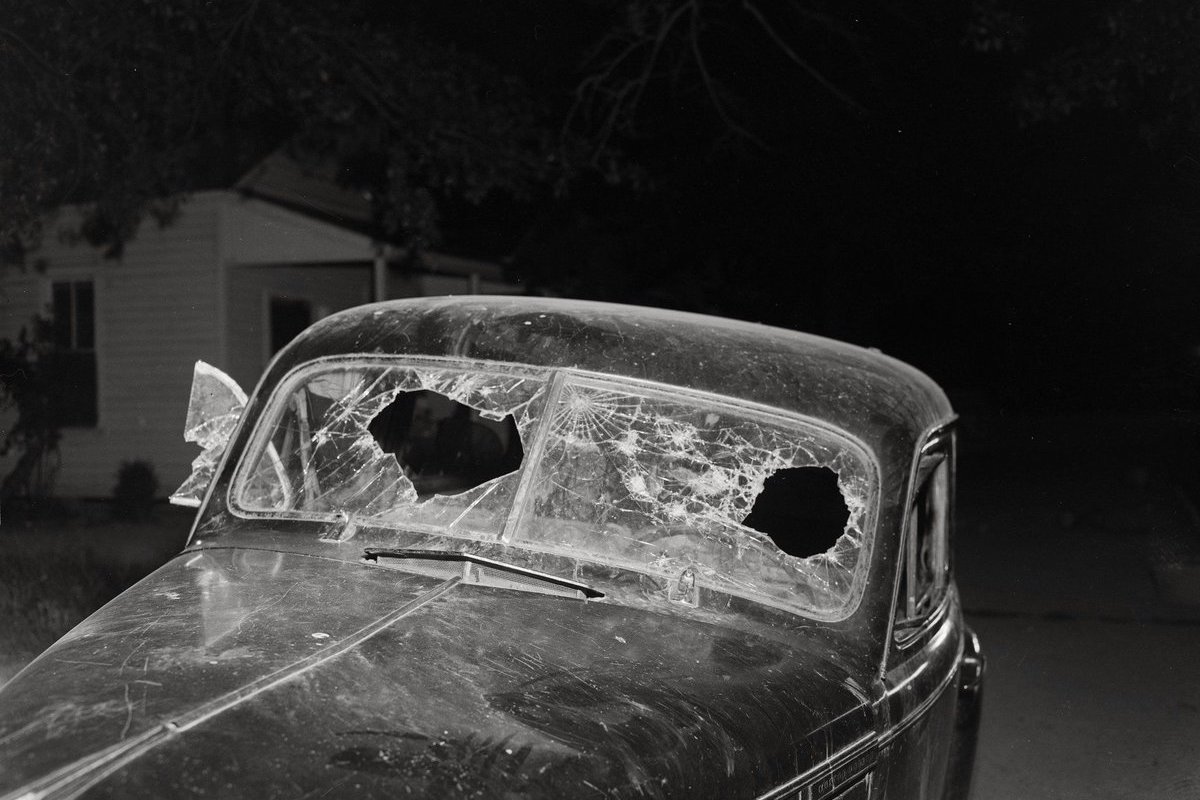

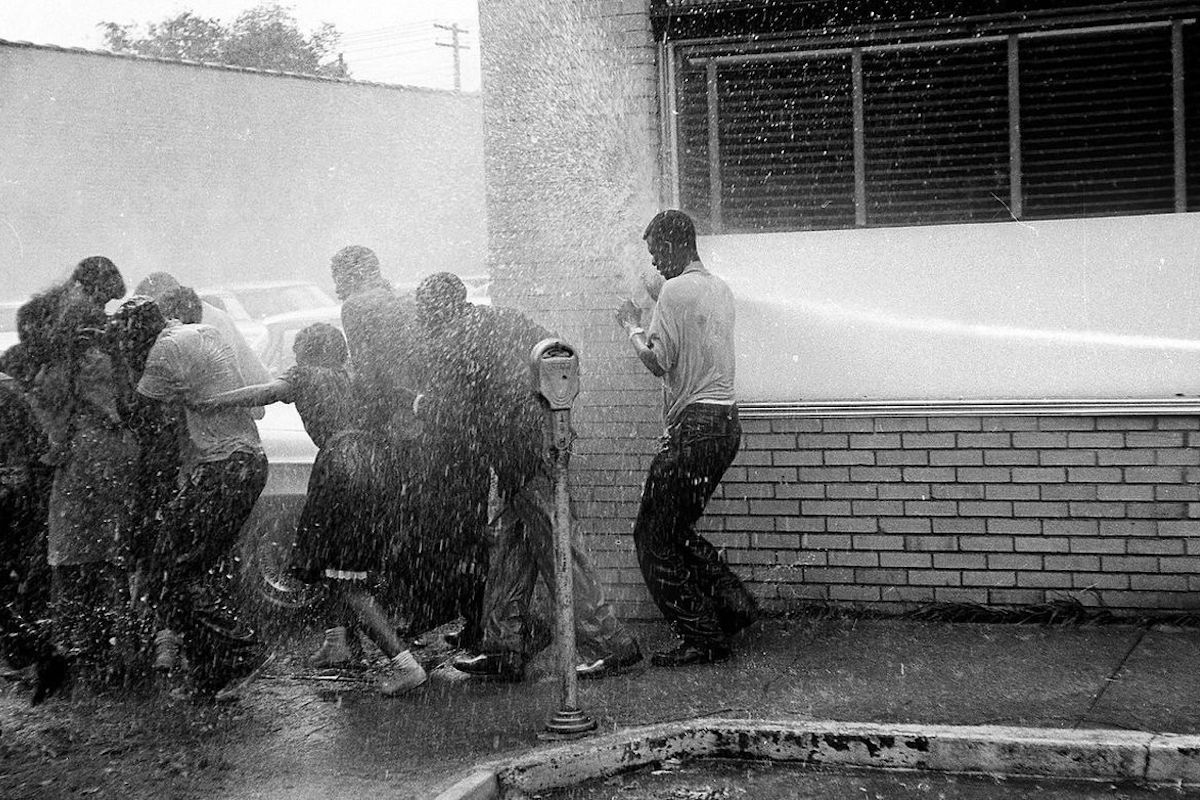
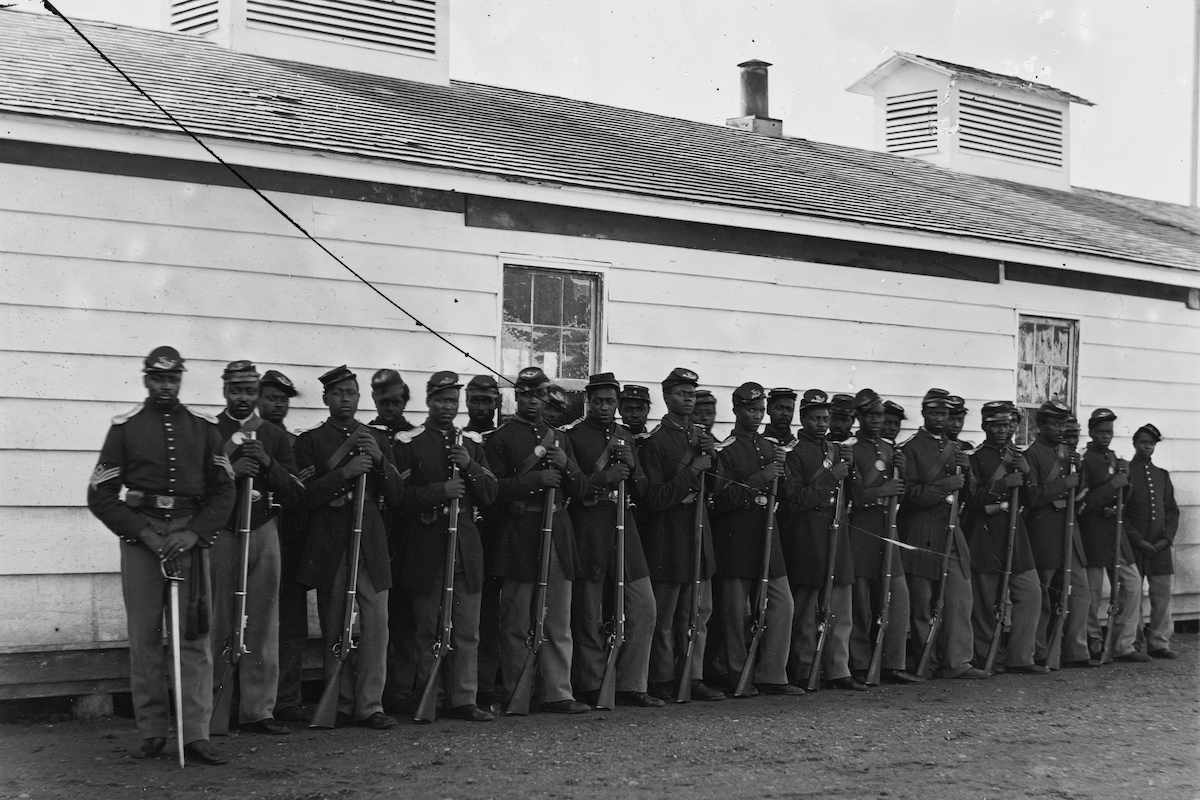
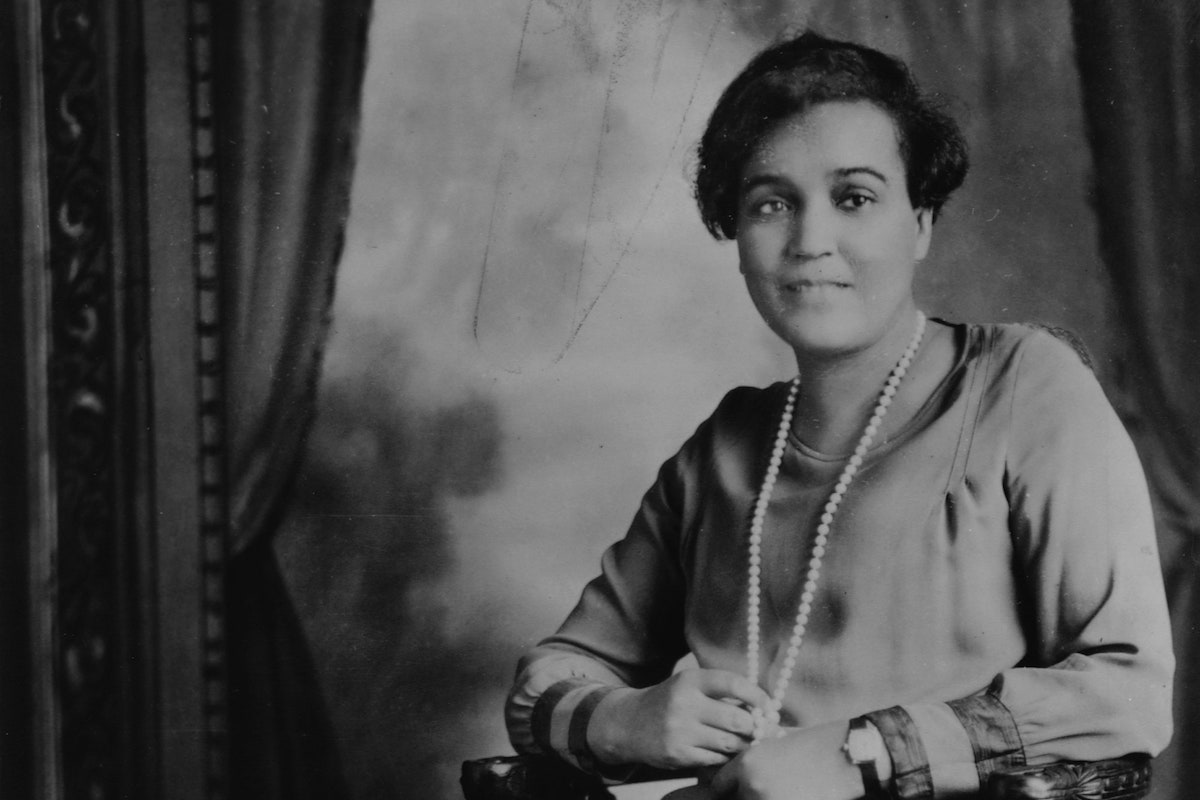
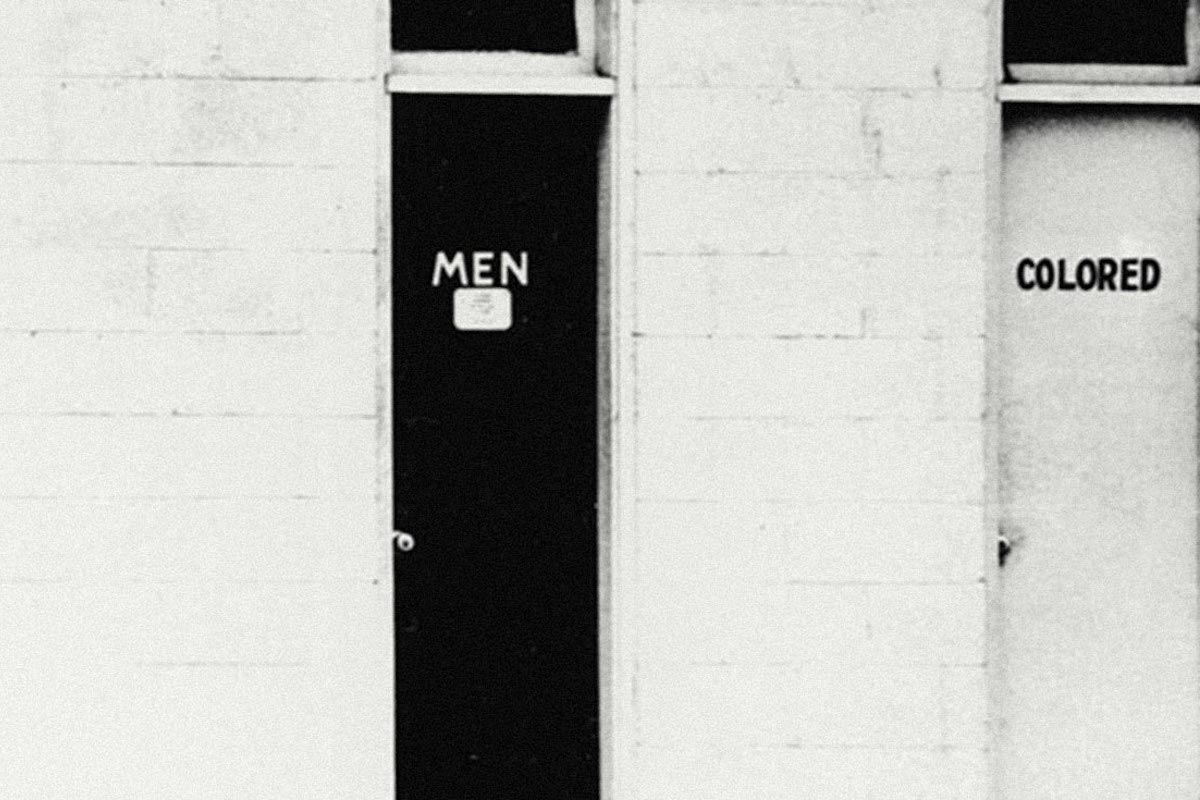
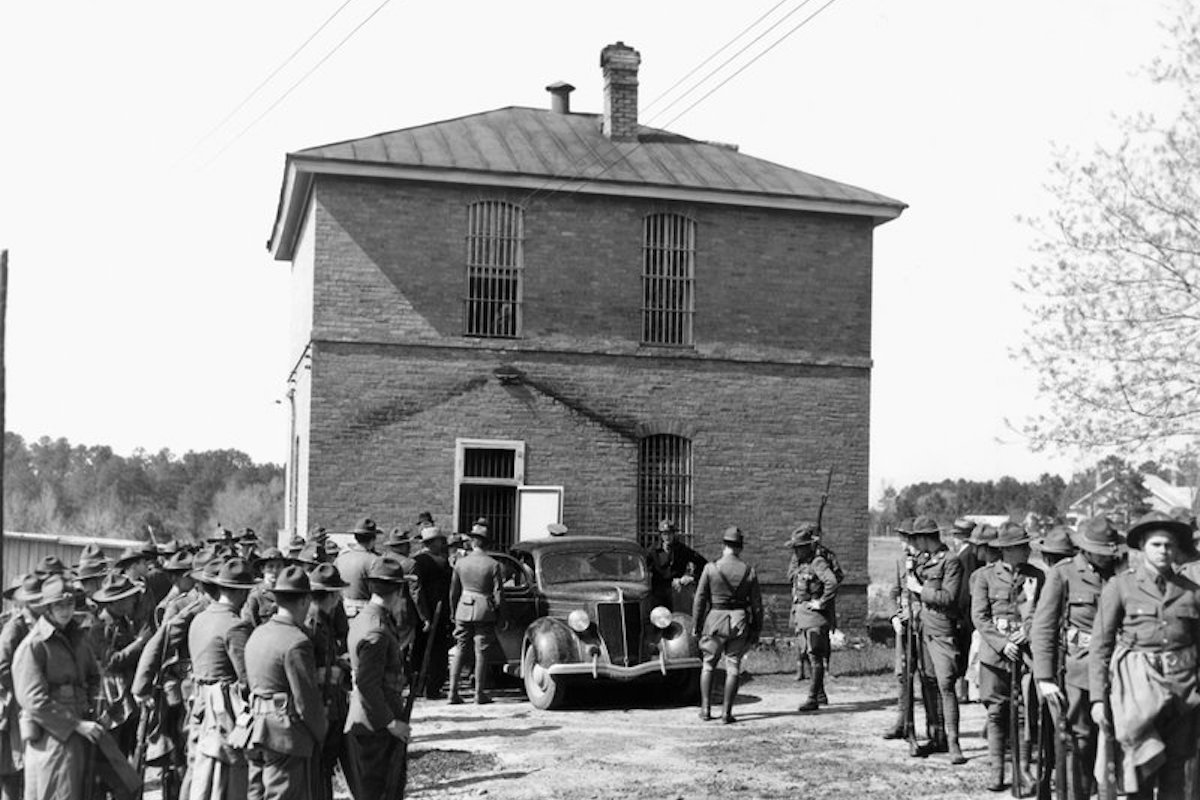
You must be logged in to post a comment.